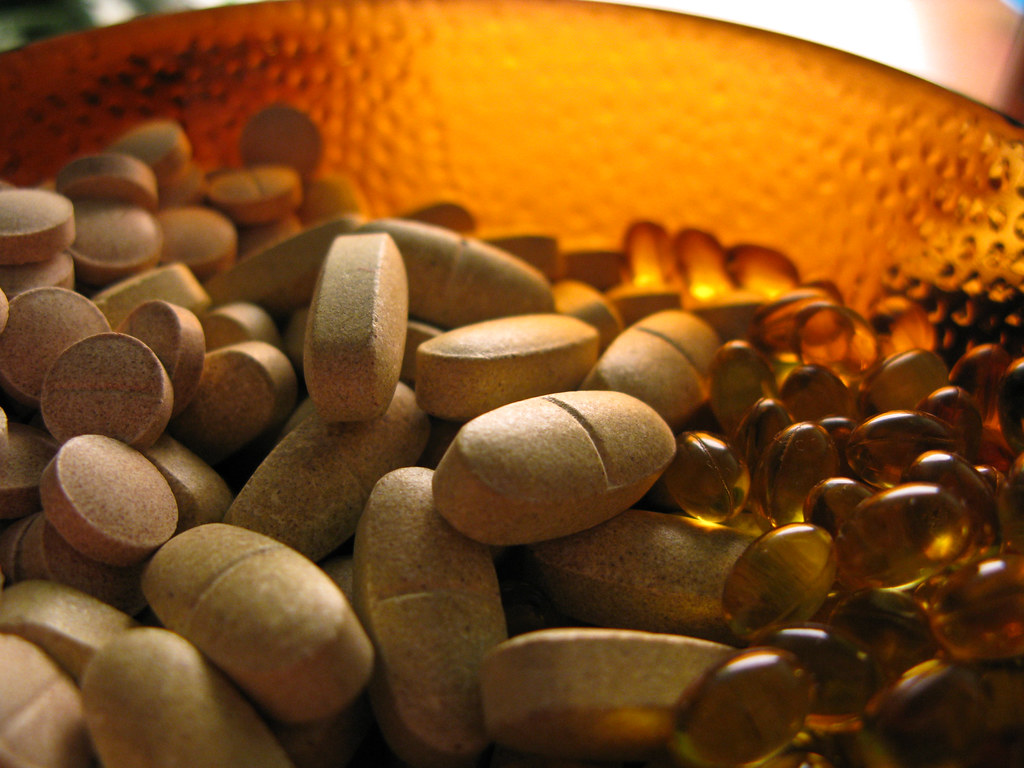In the vast ocean of health and wellness, dietary supplements are like the colorful fish that catch our eye with their promise of better health, enhanced performance, and longevity. As we dive into 2021, the global dietary supplements market has ballooned to an estimated value of nearly USD 152 billion, a testament to our collective quest for a magic pill that can fulfill our nutritional deficits and bolster our health. But with this explosion of options comes a sea of questions: Which supplements are beneficial? Are they safe? How do we know we’re not just swallowing a concoction of ineffectual powders?
The truth is, while over 50% of adults in the United States are popping at least one dietary supplement, the industry is not as tightly regulated as one might hope. The Food and Drug Administration (FDA), the gatekeeper of our food and drugs, does not hold dietary supplements to the same rigorous standards as pharmaceuticals. This means that the shiny bottle of vitamins you just purchased hasn’t been through the wringer of clinical trials to verify its efficacy or purity. Instead, supplements navigate the market under the watchful eye of the Dietary Supplement Health and Education Act (DSHEA), which, while ensuring consumer access to supplements, does not vet health claims or guarantee safety and effectiveness.
This laissez-faire approach to regulation might sound alarming, but fear not! There are ways to ensure that the supplements you choose are as safe and effective as possible. First and foremost, it’s essential to determine whether you even need a supplement. Your body is a complex system that often knows what it needs, and sometimes a blood test is the best way to understand if you’re lacking in a particular nutrient. And let’s not forget the power of a nutrient-rich diet; often, the vitamins and minerals we seek in pill form can be found on our plates, in the vibrant array of fruits, vegetables, and whole foods we consume.
When it comes to the science behind supplements, a healthy dose of skepticism can be your best friend. If a supplement claims to be a cure-all, it’s likely too good to be true. Credible supplements will have peer-reviewed scientific studies backing their claims, and these studies will also inform the recommended dosages. Remember, more isn’t always better, especially when it comes to your health.
InsideTracker, a personalized health and wellness platform, takes the guesswork out of the equation by analyzing your genetics, behaviors, and goals to provide tailored nutrition and supplement recommendations. With comprehensive blood biomarker testing and DNA analysis, InsideTracker gives you the insights you need to make informed decisions about your health. But even with such tools at your disposal, it’s crucial to consult with healthcare professionals before embarking on any new supplement regimen, especially if you’re pregnant, breastfeeding, or on prescription medications.

As we navigate the bustling marketplace of dietary supplements, it’s important to remember that not all that glitters is gold. By arming ourselves with knowledge and a critical eye, we can make choices that truly benefit our health and well-being. So, before you reach for that bottle of supplements, take a moment to consider what your body needs, what science says, and what’s just a flash in the pan.
As we continue to navigate the bustling marketplace of dietary supplements, it’s crucial to approach our choices with a discerning eye. With the New Year often bringing a renewed focus on health and wellness, it’s the perfect time to refine our approach to selecting supplements. Here are some practical strategies to help you choose the right supplements, ensuring they are safe and effective for your needs.
It’s essential to buy supplements from reputable sources. The lack of stringent FDA regulation means that not all companies invest in quality control. This can lead to discrepancies between what’s on the label and what’s actually in the bottle. To mitigate this risk, opt for well-known, national brands that have the resources to implement proper quality control measures.
Look for third-party verification on the supplement bottle. Organizations like USP (the U.S. Pharmacopeial Convention) or NSF International conduct tests to verify that what’s on the label is in the bottle and that the product is free from harmful levels of contaminants. While third-party testing is an added expense for companies, and not all can afford it, the presence of these certifications is a good sign of quality.
If you can’t find third-party tested supplements, use online sources. Websites such as Labdoor.com and Consumerlabs.com analyze supplements and publish lists of high-quality products. These third-party websites can be invaluable in helping you make an informed decision.
When choosing herbal supplements, opt for organic to lower pesticide contamination risk. Credible companies will be transparent about their sourcing and proud to share this information. Again, larger, well-known brands are more likely to provide supplements with the correct amounts of active ingredients.
Another tip is to choose single-ingredient supplements. These are more likely to contain the advertised amount of the ingredient and less likely to have high levels of contamination. Be wary of ‘proprietary blends’ or multivitamins that do not disclose ingredient amounts on their labels.
In addition to these strategies, there are several other recommendations for supplement safety. Only take a supplement for the recommended length of time and recheck your biomarker levels if you’re taking supplements in response to a deficiency. Store supplements according to the instructions, and when starting a new supplement, do so without changing your routine so you can monitor for any adverse effects. If you experience any negative symptoms, stop taking the supplement immediately and report the adverse effects to the FDA.
InsideTracker’s supplement recommendations are supported by peer-reviewed scientific literature, providing dosages, frequency, duration, and warnings. While InsideTracker does not endorse specific companies, it offers guidance to help you choose the best brands for the supplements recommended based on your biochemistry.
While the supplement industry offers a plethora of options, not all are created equal. By employing the strategies discussed, you can make more informed decisions and select supplements that are not only safe but also beneficial for your unique health needs. Remember, supplements are there to complement a healthy diet and lifestyle, not replace it. So, as you embark on your journey to better health this year, let knowledge and caution be your guides in the world of dietary supplements.
Related posts:
Are Your Supplements Safe? Here’s How to Tell
Questions and Answers on Dietary Supplements




